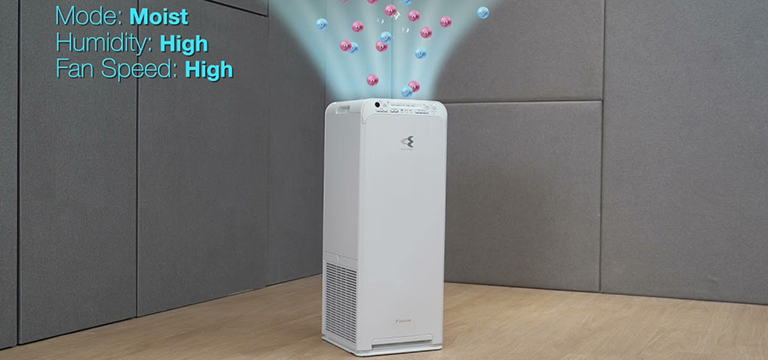Indoor Air pollution is more harmful than you think
January 20, 2026 | 12:23 PM

It is true that there has been a considerable rise in the air quality in developed countries over the last decade. Yet air pollution is still a big issue, particularly in the developing world. Do you know that it kills about 7 million people each year? In India alone, it is known to kill 1.6 million people every year. If you think you should stop spending time outdoors, you shouldn’t. This is because it is indoor air pollution that causes more damage than outdoor pollution.
You would be surprised to know that around 2.8 billion people still prefer firewood, coal and dung for cooking and other purposes, inhaling polluted air inside their homes every day. If you’re not exposed to this kind of living, it would be difficult for you to imaging how destructive this could be. According to the World Health Organization, the air in cities like New Delhi, Beijing and Karachi is several times more polluted than the outdoor air in London, Berlin and Paris. But if you compare the indoor air in a typical home in a developing world with the outdoor air, you will find the indoor air more polluted. This is why indoor air pollution takes the lives of around 4.5 million people each year, making it the biggest killer.
The most promising solution to combat the ill-effects of indoor air pollution is to stop the use of items that cause this like old cooking stoves. Not only the gas-based stoves would save on fuel consumption, but they will cause lesser harm to the environment. There is a strong need to make people aware of the damages caused by indoor air pollution so that they can take individual steps to contain it.
There is a lot that needs to be done by the governments to combat rising air pollution such as ensuring the proper supply of gas and electricity to people living in such regions. This would encourage them to switch to greener fuels.
Indoor air pollution has been closely associated to a wide range of adversarial health effects, such as headaches, respiratory issues, repetitive colds and sore throats, chronic cough, skin rashes, eye irritation, lethargy, dizziness and memory lapses.
Long-term effects may of air pollution may include an augmented risk of cancer. Though children, the aging people and those with chronic health problems like asthma, allergies and heart and lung diseases look particularly susceptible, symptoms may also occur in otherwise normal, healthy people.









